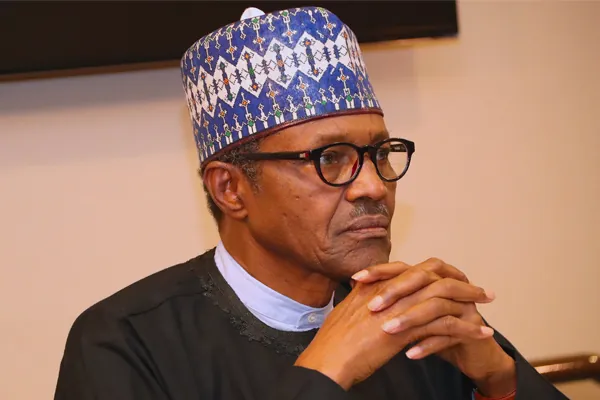Following the death of former President Muhammadu Buhari, a growing number of Nigerians are calling for a complete reform of the country’s constitution. Activists, political analysts, and ordinary citizens argue that the current system of government is broken and that it prevents good leaders from succeeding. The perceived failures of the Buhari era, especially in areas like security and the economy, are being used as strong evidence that Nigeria needs a fundamental reform of its laws and structures to move forward.
Why is Constitutional Reform Being Demanded?
The push for reform is not new, but it has gained significant momentum as the nation reflects on the past eight years. Critics argue that the 1999 Constitution, which Nigeria currently uses, gives too much power to the central government in Abuja. This makes it difficult for states and local communities to solve their own problems. They say this structure, a holdover from military rule, is not suited for a diverse and complex country like Nigeria.
Key problems often cited include:
- Over-centralization: The federal government controls most of the country’s resources and key areas like policing, which critics say makes it slow and inefficient.
- Lack of Accountability: Many feel that the current system makes it easy for politicians to avoid taking responsibility for their failures.
- Economic Challenges: The constitution is blamed for not allowing states to control their own resources, which stifles local economic growth and makes the entire country dependent on oil revenue.
These issues, which were major topics of debate during Buhari’s presidency, have now become the focus of the call for a national reform.
Linking Reform to the Buhari Presidency
Many of those calling for change point to the Buhari administration as a clear example of why reform is necessary. Despite his reputation for personal integrity, his government struggled to tackle major national problems. Insecurity, including banditry and kidnapping, worsened in many parts of the country. The economy went through two recessions, and poverty levels increased.
Activists argue that these problems were not just because of one man’s leadership, but because the system itself is flawed. They believe that even a well-intentioned president is limited by a constitution that makes effective governance nearly impossible. The structure of the security forces, for example, is entirely controlled by the federal government, which meant state governors had little power to address local security threats. This is a key area where advocates say reform is urgently needed.

Here is a quote from a prominent Nigerian activist on the need for change:
“We need real reform to fix the broken parts of our government. The old ways are holding us back, and it is time for change if Nigeria is to move forward. The system we have now was not designed for progress.”
What Kind of Reform Are People Asking For?
The calls for reform are varied, but some common themes have emerged. Many are demanding a return to a “true federalism,” where states have more power and control over their resources. This would allow different regions to develop at their own pace and according to their own priorities.
Other specific areas for reform include:
- State Policing: Allowing states to create and manage their own police forces to better tackle local crime.
- Electoral System: Changing the laws around elections to make them more transparent and fair, reducing the influence of money in politics.
- Judicial Independence: Strengthening the court system to ensure it is free from political interference.
- Strengthening Institutions: Building government institutions that are strong and independent, rather than being controlled by powerful individuals.
The overall goal of this proposed reform is to create a more balanced, fair, and efficient system of government that can deliver results for the Nigerian people.
The Road Ahead: Challenges and Hopes
Changing a country’s constitution is a major undertaking. It requires a long and difficult political process, including approval from the National Assembly and state legislatures. In the past, attempts at constitutional reform have been slow and have often failed to produce significant change.
There is also resistance from those who benefit from the current system. Some politicians may be reluctant to give up the power and control that the current constitution gives them.
Despite these challenges, there is a sense of hope in the air. The national conversation sparked by the end of the Buhari era has created a new opportunity for change. Activists are more organized, and the public is more aware of the issues. Many believe that if enough pressure is put on the government, real reform can be achieved.
The current administration under President Tinubu has acknowledged the calls for reform, but it remains to be seen what concrete steps will be taken. For now, the debate continues to grow, fueled by opinion pieces in newspapers, discussions on social media, and the voices of activists who are determined to see a better Nigeria. The success or failure of this push for reform will likely define the country’s political direction for years to come.
Stay woke. Stay tuned. Stay with AKEWE NEWS.